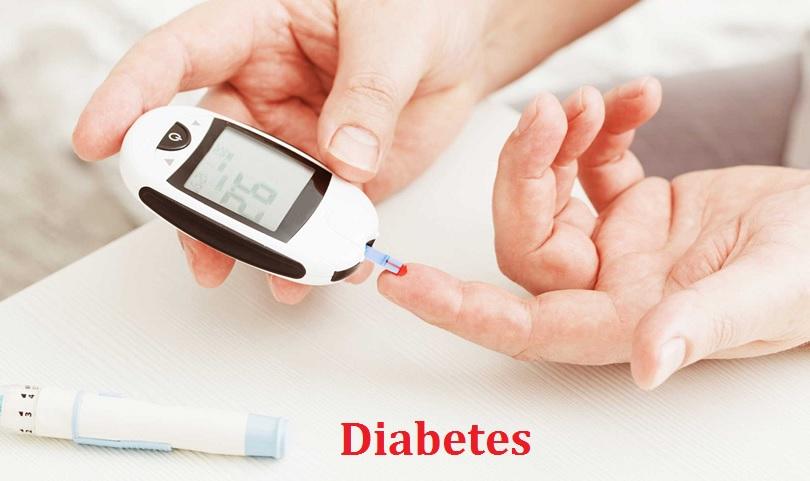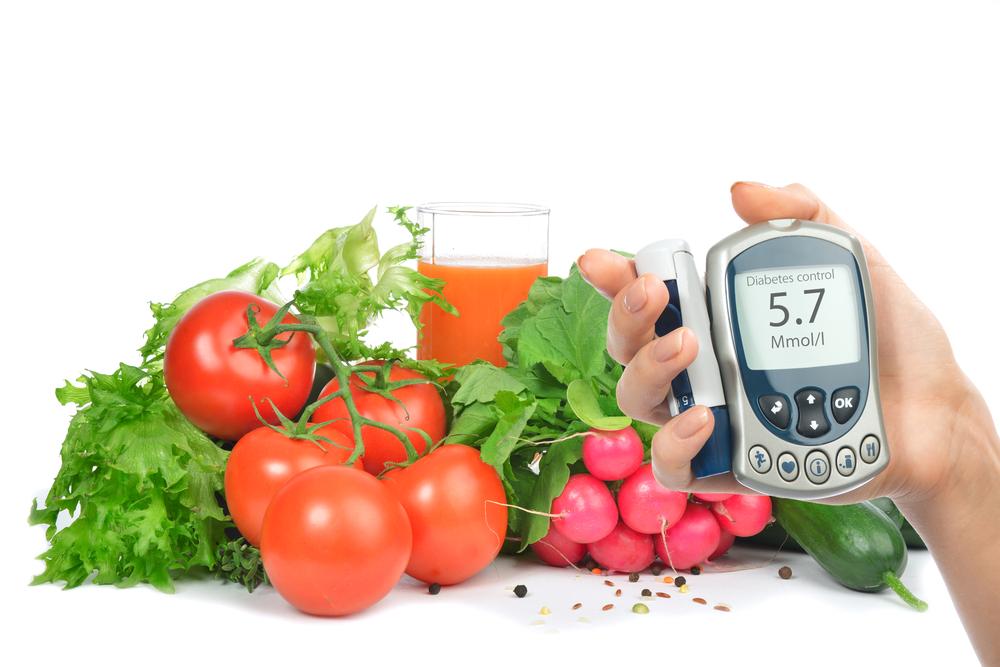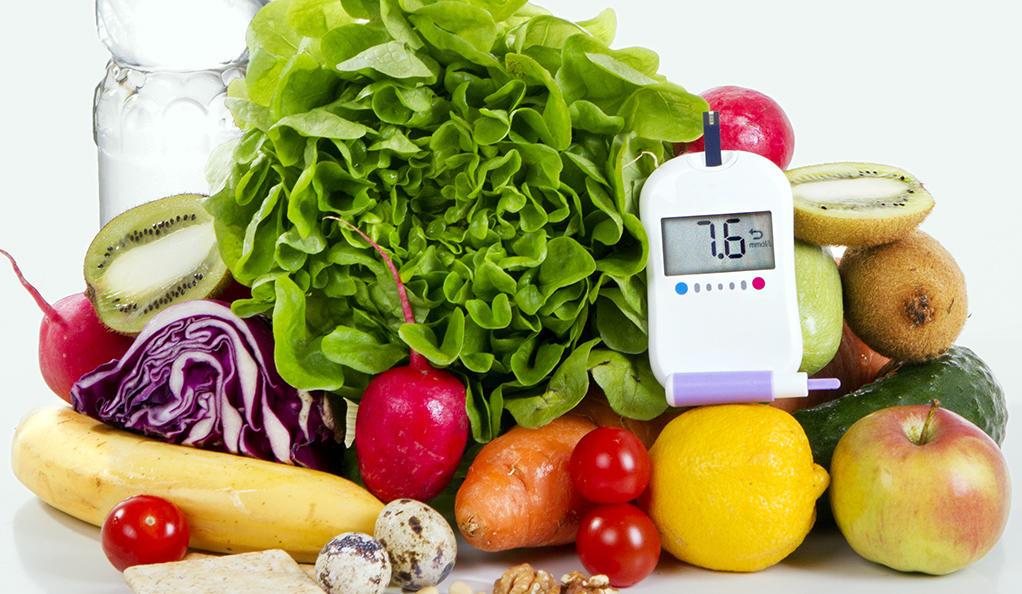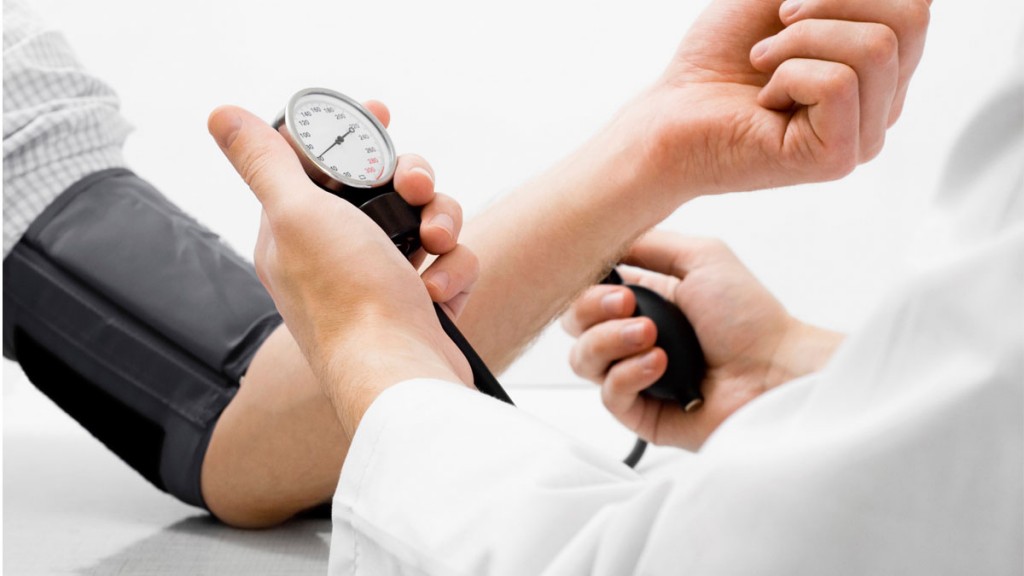7 Ways to Manage Your Diabetes !

Nutrition plays a key role in the overall management of diabetes. It is promising to take superior care of yourself and manage your sugar levels if you appreciate what to consume, how much to consume, and when to consume. Selecting nutrient rich foods in apt portion sizes and healthy carb sources can greatly help in controlling your blood sugar levels in your target range. Regular self-monitoring of blood sugar can be used (with suitable instruction) in order to keep track of the effects of meals and physical activity on the levels of blood glucose.

Taking Diabetes critically!
You might have heard people speak they have “a touch of diabetes” or that their “sugar level is slightly high.” These phrases words imply that diabetes is not a grave health problem and that’s not right. Mind it, diabetes is serious, but you can always learn to manage it. Diabetes sufferers require making healthy food choices, stay at a healthy weight, move more daily, and take their medication even when they feel good. Its loads to do, and certainly not easy, but it’s worth it!
Carb counting is the key!

Carbohydrates convert to glucose in the body and impinge on the blood glucose levels more than fat or protein-comprising foods. This does not indicate that you need to relinquish all carbs; but, monitoring your total carb consumption becomes very important. Just pick in carbohydrates that derive from nutrient-dense sources such as fruits, veggies, legumes, dairy, as well as whole grains, together with controlled portion sizes. Consumption of 5-6 small meals on a daily basis with a specific amount of carbohydrate choices is highly advisable. And finally, consider working with a Registered Dietitian Nutritionist (RDN) for developing a plan that fits your necessities and objectives.
If you experience diabetes, you must strictly monitor your intake of foods with a high glycemic index (GI). The GI assesses how rapidly a definite food raises your blood sugar. Those foods constituting a high GI can result in unnecessary spikes. This is particularly true for refined sugar and other forms of simple carbs including bread, white rice or pasta.
Opt for sources of lean protein!

Protein is a vital nutrient that is required every single day, and unlike carbs and fats, protein cannot be stored in the body. In the management of diabetes, protein seems to enhance the insulin response without enhancing the concentration of blood glucose. In addition, helps to decrease the hunger and recover satiety. Protein exists in several food sources that are either animal- or plant-based. A few instances of animal sources of protein include eggs, chicken, milk, and beef, while legumes, nuts, soy, and whole grains such as quinoa are the plant sources of protein.
Concentrate on healthy fats
While including fat into a diabetes meal plan, you must concentrate on foods that provide “healthy fats” while restraining the amounts of “unhealthy fats” including trans and saturated fats. Pick from mono and polyunsaturated fats, as well as omega-3 fats. Instances of healthy fat food sources may comprise of avocado, oils (flaxseed and olive), olives, seeds (sunflower, pumpkin, flaxseed), nuts (walnuts, pecans, peanuts, almonds, cashews), as well as fatty fish like salmon and albacore tuna.
Be sodium-savvy
Individuals suffering from diabetes must keep their sodium consumption regularly monitored, since they are more expected to have a high blood pressure. Some high-sodium foods may consist of canned soups and veggies, cereals, savory snacks, salted nuts, cold cuts, pizza, and condiments like mustard, soy sauce, pickles and ketchup. One teaspoon of salt is composed of about 2,300 mg of sodium – while 1,500 mg per day is appropriate for most of the people.
Some easy steps to help lower your risk of diabetes
While you can’t modify the genes you inherit and how that affects your risk of developing diabetes, you can incorporate certain positive behavioural as well as lifestyle modifications. If you are overweight or obese, you need to lose weight and be physically active. Attaining a 7% weight loss objective as well as going for a fast walk for half an hour every day can appreciably lower down your risk for developing Type 2 diabetes. In addition, if you smoke, just refrain from it, as smokers are 50% more prone to develop diabetes in comparison to non-smokers. And in the end, aim for about seven or eight hours of sleep every night.
Set an action plan
When you experience Type 1 or Type 2 diabetes, it becomes essential to regulate your blood sugar on a regular basis, set an action plan and place small objectives with your healthcare team. Discuss with your physician and meet with an RDN frequently in order to help keep your meal plans in check, preserve your blood sugar levels or controlled within your target range, and offer good support to attain a healthy lifestyle. Always remember, you’re the most vital member of your health care team. You are the one who needs to manage your diabetes step by step and day after day.
Why watch over your diabetes?
Taking good care of yourself and your diabetes can help you feel good at the moment and in the future as well. When your blood sugar is near to the normal level, you are expected to:
- have more energy or experience fatigue easily
- heal injuries or wounds better
- require to pass urine less often
- be less thirsty
- have fewer bladder or skin infections
Also, you’ll have lowered chances of developing health problems caused by diabetes including:
- heart attack or stroke
- teeth and gum problems
- pain, irritation, or lack of feeling in your hands and feet
- kidney issues that may result in non-functioning of your kidneys
- eye problems that may cause difficulty in seeing or going blind

Thus, it is common to feel sad, besieged, or angry when you are breathing with diabetes. You must be aware of the steps you ought to take to stay healthy and free of detrimental sugar. This blog includes all the HealthDiva tips on how to cope with your diabetes, eat well, and be active! Just Stay Healthy and Fit!!



